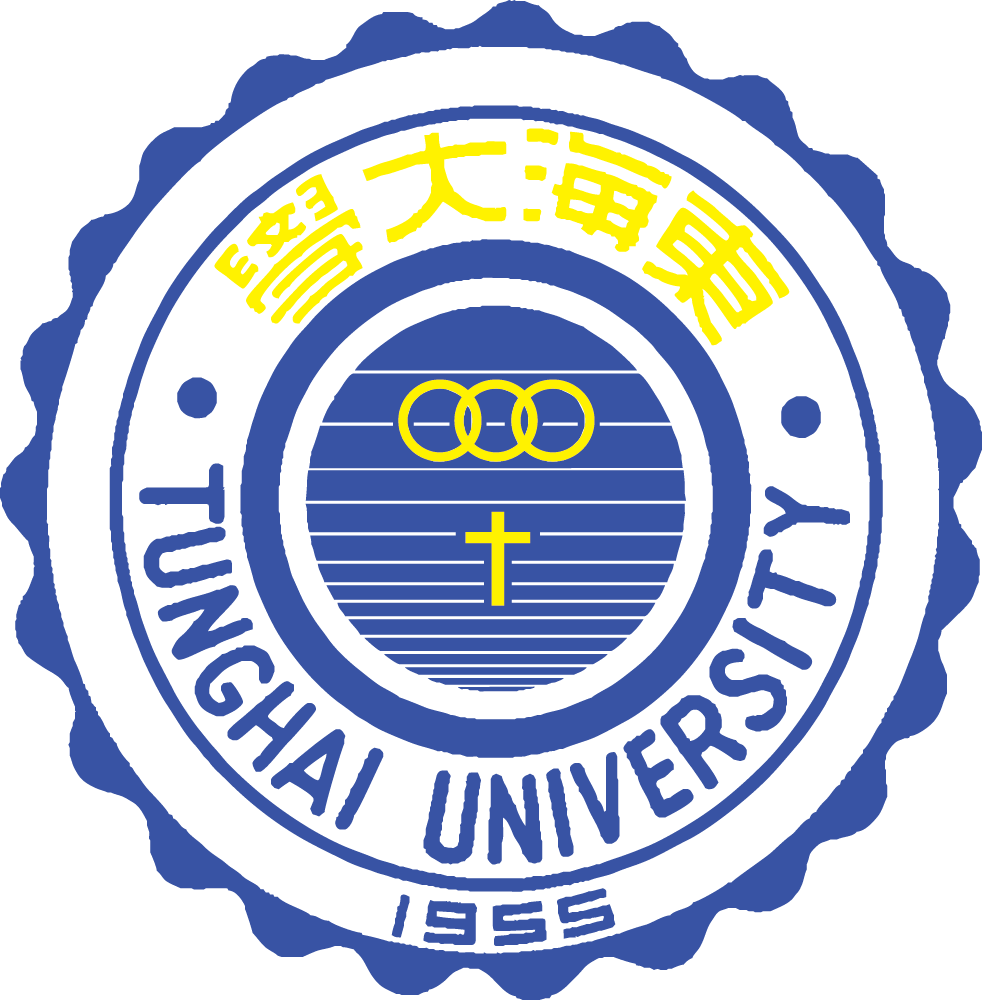Advanced NanoTech Laboratory (ANT Lab)
Research Field
Dr. Muhammad Omar Shaikh is an Assistant Professor of Sustainability Science and Management at Tunghai University, Taiwan, where he leads the Advanced NanoTech Laboratory (ANT Lab). His research focuses on the design, synthesis, and functionalization of high-performance nanomaterials for medical diagnostics, sustainable energy conversion, and carbon-neutral technologies.
As Founder and CTO of Biosensibility Inc., Dr. Shaikh develops multiplexed electrochemical biosensors and self-powered wearable sensors for early disease detection and real-time health monitoring. His expertise in nanoengineered transducers, AI-enhanced biosensing, and flexible bioelectronics is advancing precision medicine and decentralized healthcare. Previously, as CTO of BiTAPE Logistics, he optimized AIoT-driven automation for healthcare supply chains, integrating sensor technologies for enhanced efficiency.
His research in novel nanomaterials extends to sustainable energy solutions, focusing on energy conversion, carbon capture, and artificial photosynthesis. His work on nanoarchitectured catalysts, plasmonic enhancement, and electrochemical systems enables green hydrogen production, CO₂ reduction, and solar-to-fuel conversion. By integrating AI-driven materials discovery, he accelerates the development of functional nanomaterials for circular economy applications and next-generation energy technologies.
Dr. Shaikh has authored over 35 SCI papers, delivered invited lectures at leading international conferences, and holds an editorial position with Biosensors. His contributions to biomedical and sustainable technologies have earned him prestigious accolades, including the Best Teacher Award from Tunghai University, the Micromachines Young Investigator Award, and Distinguished Paper Awards from the Association of Chemical Sensors in Taiwan.
Committed to technology transfer and industry collaboration, he partners with Taiwan’s high-tech sector to drive material commercialization, medical device innovation, and sustainable energy solutions. As a mentor, he translates pioneering materials research into real-world applications, advancing biomedical, energy, and environmental sustainability through interdisciplinary collaboration and translational innovation.
The Advanced NanoTech Laboratory (ANT Lab) at Tunghai University pioneers novel materials research, focusing on the design, synthesis, and integration of advanced nanomaterials for biomedical, energy, and environmental applications. Our work bridges fundamental science with real-world solutions, driving next-generation innovations.
Our Mission:
1. Advancing Novel Materials – Developing high-performance nanomaterials, nanocomposites, and functional nanostructures to enhance biosensing, energy storage, and nano-enabled catalysis.
2. Transforming Healthcare & Energy – Engineering multiplexed biosensors, self-powered wearables, artificial photosynthesis, and AI-driven smart materials for precision medicine and renewable energy.
3. Fostering Innovation & Talent – Equipping researchers with cutting-edge expertise and interdisciplinary tools to drive breakthroughs in nanotechnology and sustainable materials science.
At ANT Lab, we are committed to translating advanced nanoscience into scalable technologies, addressing global challenges in healthcare, energy, and sustainability.
1. Nanoengineered Materials for Biomedical and Energy Applications
- Developing cutting-edge nanomaterials, nanocomposites and nanostructures to enhance biomedical devices and energy systems for improved efficiency and sustainability.
2. Multiplexed Electrochemical Nanobiosensors for Point-of-Care Diagnostics
- Developing high-sensitivity biosensing platforms with nanomaterial-based transducers for simultaneous multi-biomarker detection, enabling rapid and precise disease diagnostics.
3. Self-Powered Wearables for Continuous Health Monitoring
- Developing energy-harvesting wearables using triboelectric and piezoelectric nanogenerators for real-time, battery-free health monitoring, enabling proactive healthcare and remote patient tracking.
4. Nanophotocatalysts for Artificial Photosynthesis and Waste-to-Value CO₂ Utilization
- Developing advanced photocatalytic nanomaterials for solar-driven CO₂ reduction into value-added fuels and chemicals.
5. AI-Driven Nanomaterials Discovery for Next-Generation Technologies
- Harnessing artificial intelligence and machine learning to accelerate nanomaterials discovery, optimization, and functionalization for biomedical and energy applications.
2024 – Best Teacher Award, Tunghai University
2024 – Distinguished Paper Award, Association of Chemical Sensors in Taiwan
2022 – Honorary Advisory Committee Member, Taiwan Educational Center in India (TEC)
2022 – Micromachines Young Investigator Award
2019 – Best Oral Presentation Award, International Conference on Smart Sensors (ICSS)
2019 – Best Paper Award, Micromachines Journal
2018 – Taiwan Ministry of Science and Technology Funded Postdoctoral Fellowship
2016 – Distinguished Paper Award, Association of Chemical Sensors in Taiwan
2015 – Taiwan Ministry of Science and Technology Funded Postdoctoral Fellowship
2010 – Associate of the Royal School of Mines (RSM), Imperial College London, UK
Ph.D. in Mechatronic Science and Engineering, Southern Taiwan University of Science and Technology, 2015
MEng in Material Science and Engineering, Imperial College London, 2010
BEng in Material Science and Engineering, Imperial College London, 2009
2 Vacancies
Job Description
Research Internship – Perovskite Quantum Dots for Optoelectronics & Biomedical Imaging
1. Synthesis and characterization of perovskite quantum dots (QDs) for optoelectronic and biomedical applications.
2. Development of quantum dot-based LEDs (QLEDs) and solar cells for high-efficiency energy conversion.
3. Exploration of perovskite QDs for fluorescence imaging and biosensing.
4. AI-driven materials discovery for stability and performance optimization.
Preferred Intern Education Level
Undergraduate/Graduate Student with a passion for science and engineering.
Skill sets or Qualities
1. Interest in nanomaterials, optoelectronics, quantum dots, and device fabrication.
2. Experience in material synthesis, spectroscopy, or semiconductor processing is a plus.
3. Backgrounds in science, engineering, biomedicine, or AI-driven materials research are encouraged.
4. Motivated individuals eager to contribute to cutting-edge research in sustainable optoelectronics and biomedical imaging.
2 Vacancies
Job Description
Research Internship – Perovskite Quantum Dots for Optoelectronics & Biomedical Imaging
1. Synthesis and characterization of perovskite quantum dots (QDs) for optoelectronic and biomedical applications.
2. Development of quantum dot-based LEDs (QLEDs) and solar cells for high-efficiency energy conversion.
3. Exploration of perovskite QDs for fluorescence imaging and biosensing.
4. AI-driven materials discovery for stability and performance optimization.
Preferred Intern Education Level
Undergraduate/Graduate Student with a passion for science and engineering.
Skill sets or Qualities
1. Interest in nanomaterials, optoelectronics, quantum dots, and device fabrication.
2. Experience in material synthesis, spectroscopy, or semiconductor processing is a plus.
3. Backgrounds in science, engineering, biomedicine, or AI-driven materials research are encouraged.
4. Motivated individuals eager to contribute to cutting-edge research in sustainable optoelectronics and biomedical imaging.
